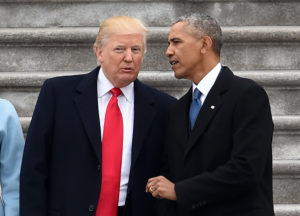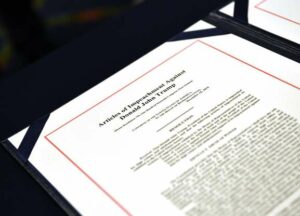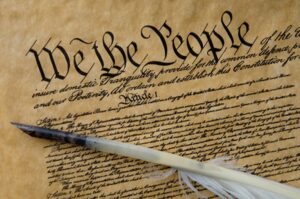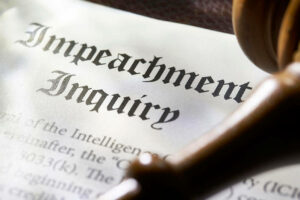
Donald J. Trump’s obsession with Barack H. Obama is beginning to look increasingly like a deflection of our attention from a hideous truth about the current presidential administration.
It is that Trump has presided over the most corrupt executive government branch at least since the era of Richard M. Nixon. Indeed, there is an argument being made that the corruption level of the Trump administration dwarfs what we saw during the Nixon administration.
More of Trump’s men have gone to prison than those who served time during Nixon’s time.
Meanwhile, Donald Trump continues to insist that President Obama presided over the “most corrupt” administration in U.S. history. Of course, and this is no surprise, he seeks to tie Vice President Joe Biden to what he alleges was the corruption of the Obama years. You get that, right? I mean, Biden is about to be nominated by the Democratic Party to run against Trump this fall and at this moment Biden appears headed for a smashing victory.
We have a former national security adviser who has pleaded guilty to lying to authorities; a former Trump friend and “fixer” has just been hauled back to the slammer for violating the terms of his house arrest; other campaign officials have been cloistered behind bars; that includes the guy who ran Trump’s 2016 campaign.
Trump flails away saying that it’s all a “witch hunt” and a “hoax.” It is neither of those things. Trump has presided over an administration fraught with criminal activity … not to mention scandals involving all manner of accusations.
His defense? To deflect attention by suggesting that President Obama and Vice President Biden — of all people — sat atop the most corrupt administration in history.
Oh, and how many people were indicted or served prison time during the eight years of Obama’s time in office? None.








